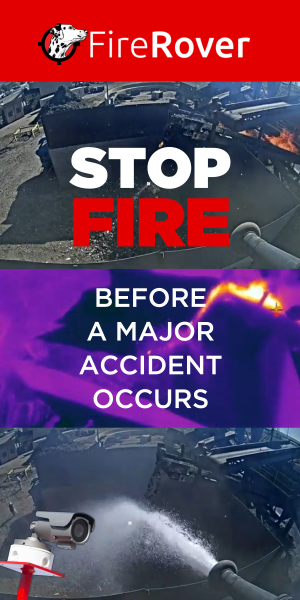In 1962, President John F. Kennedy signed a proclamation that designated May 15 as Peace Officers Memorial Day and the week in which that date falls as Police Week. In 1982, the Memorial Service began as a gathering of approximately 120 survivors and supporters of law enforcement at Senate Park in Washington, D.C. Forty years later, National Police Week has grown into a series of events that annually attracts thousands of survivors and law enforcement officers to Washington, D.C.
National Police Week is a time to recognize and remember the officers who lost their lives in the line of duty. It is also an opportunity to share some of the trials and tribulations police officers face daily. “Police officers are everyday people trying to do extraordinary work,” says Todd Foreman, ISRI’s director of law enforcement outreach, and a former police chief with almost 30 years of law enforcement experience. “They’re no different than anybody else other than that they sacrifice themselves for the communities they live and work in.”
Over the years, National Police Week has become increasingly more important to Foreman and others as the number of suicides among police officers have increased. In 2019, there were 239 officer suicides, according to Police Chief Magazine. Suicide claimed more law enforcement lives that year than felonious killings or accidental deaths in the line of duty.
Police routinely enter situations that could cause physical and emotional harm, as they experience and see situations that no one should have to witness. National Police Week is a prime opportunity to highlight counseling and therapy services that can help officers cope with some of the incidents they encounter every day.
“[Police officers are] experiencing things that others don’t while trying to do extraordinary work and help their communities,” Foreman says. “So, it’s important to make sure we provide them with the resources they need to handle these stressful situations.”
Crime Prevention in the Recycling Industry
Recyclers can be victims of various crimes including burglaries, break-ins, or unknowingly being sold stolen goods such as catalytic converters. Developing healthy relationships with law enforcement can go a long way to preventing these crimes or helping investigate them when they do occur.
“Law enforcement is trying to serve the community and prevent catalytic converter, metals, and materials theft,” Foreman says. “Our members are out there serving their communities by helping the environment, positively impacting the local economy, and providing jobs within a community. When everyone works together as a team, it helps stop crimes from happening.”
ISRI provides law enforcement and recyclers alike many resources and training opportunities to prevent these crimes from occurring in the industry. ISRI’s outreach to prevent metals theft includes two powerful online resources. StopMetalsTheft.org gives law enforcement, prosecutors, lawmakers, and recyclers free information about materials theft, states’ actions to address the problem, and other success stories. ScrapTheftAlert.com, which requires users register to gain access, allows users to submit and receive alerts about suspicious materials.
ISRI offers training to law enforcement on how to differentiate the various recycling commodities, and how to handle metals theft, while trying to figure out ways to prevent them, whether it be tracking devices on catalytic converters or target hardening tools that deter criminals. Foreman works closely with ISRI’s catalytic converter theft working group, which actively works to help prevent these crimes. The working group provides hands-on training for members and works with legislators to strengthen existing catalytic converter theft legislation. Foreman is happy that law enforcement and ISRI members largely have a healthy relationship and are actively working together to prevent many of these crimes.
“I’ve seen it from meeting a lot of [ISRI members], there’s a mutual respect between the members and law enforcement,” Foreman says. “They have a relationship and know each other well. Our recyclers are very involved in their communities and their local law enforcement departments serve them and their region, so I think these relationships are developing and getting stronger.”
Photo courtesy of Pixabay.












